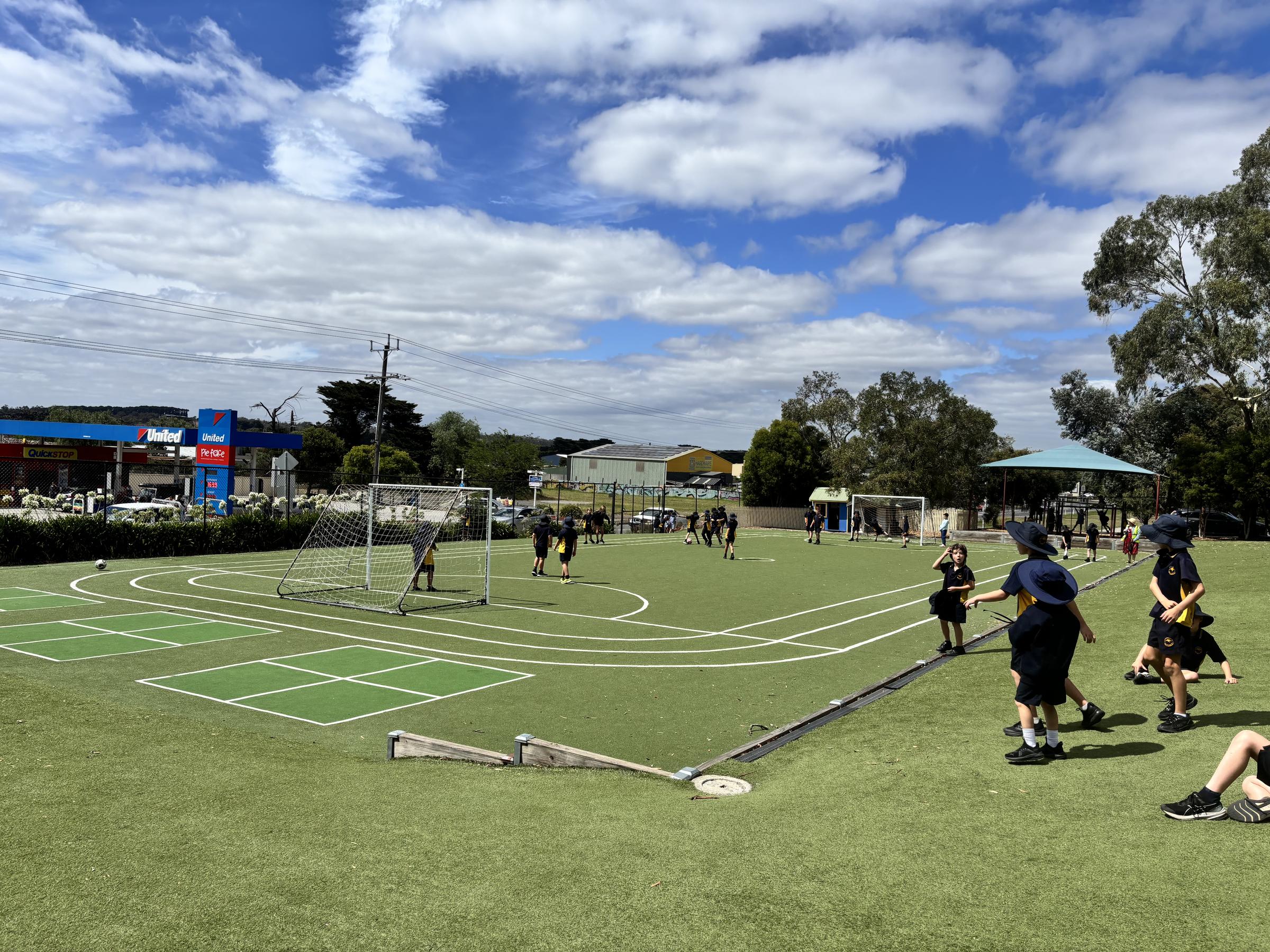Mental Health in Primary Schools (MHiPS)
Amy Carter

Mental Health in Primary Schools (MHiPS)
Amy Carter
In a world that’s constantly changing, one of the most valuable life skills we can nurture in our children is resilience. But what does that really mean?
Resilience is the ability to bounce back from challenges, adapt to change, and keep going even when things get tough. For primary-aged children, it’s about learning how to cope when they don’t get their way, manage big emotions, and recover from disappointment; whether that’s a rainy-day picnic, finding school work challenging, or friendship ups and downs.
Why is resilience so important?
Childhood isn’t without its challenges. Building resilience helps children:
Grow independence by learning that mistakes are part of learning.
Research shows that resilient children tend to be happier, more motivated, and better equipped to face future challenges. This is trueat school, at home, and in the wider world.
How can we help build resilience at home?
The good news is, resilience is something we can actively teach and model every day. Here are some simple but powerful ways to support your child:
Let them face (safe) challenges
It can be tempting to smooth every bump in the road, but learning to deal with small setbacks builds the skills to face bigger ones later.
Talk about feelings
Encourage your child to name their emotions. Knowing it’s okay to feel sad, angry, or frustrated helps children process and move through challenges.
Model problem-solving
When something goes wrong, show your child how to think through a solution. Use phrases like, “What else could we try?” or “What have we learned from this?”
Celebrate effort, not just results
Praise perseverance, even when things don’t go perfectly. This helps children see the value in trying and learning from mistakes.
Be a calm, supportive presence
When children know they have a safe, loving adult to turn to, it builds emotional security and the courage to try again.
A gentle reminder
Resilience doesn’t mean children won’t struggle, it means they’re learning how to move through those struggles. Every challenge is a chance to grow stronger and more capable.
Resilience isn't something children can learn overnight, it is something that comes with patience and time. So, let’s keep encouraging our children to try, fall down, and get back up again. After all, those are the moments when the real learning happens.


Take care and have a wonderful weekend.